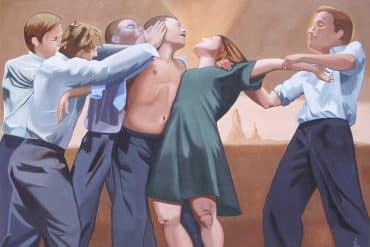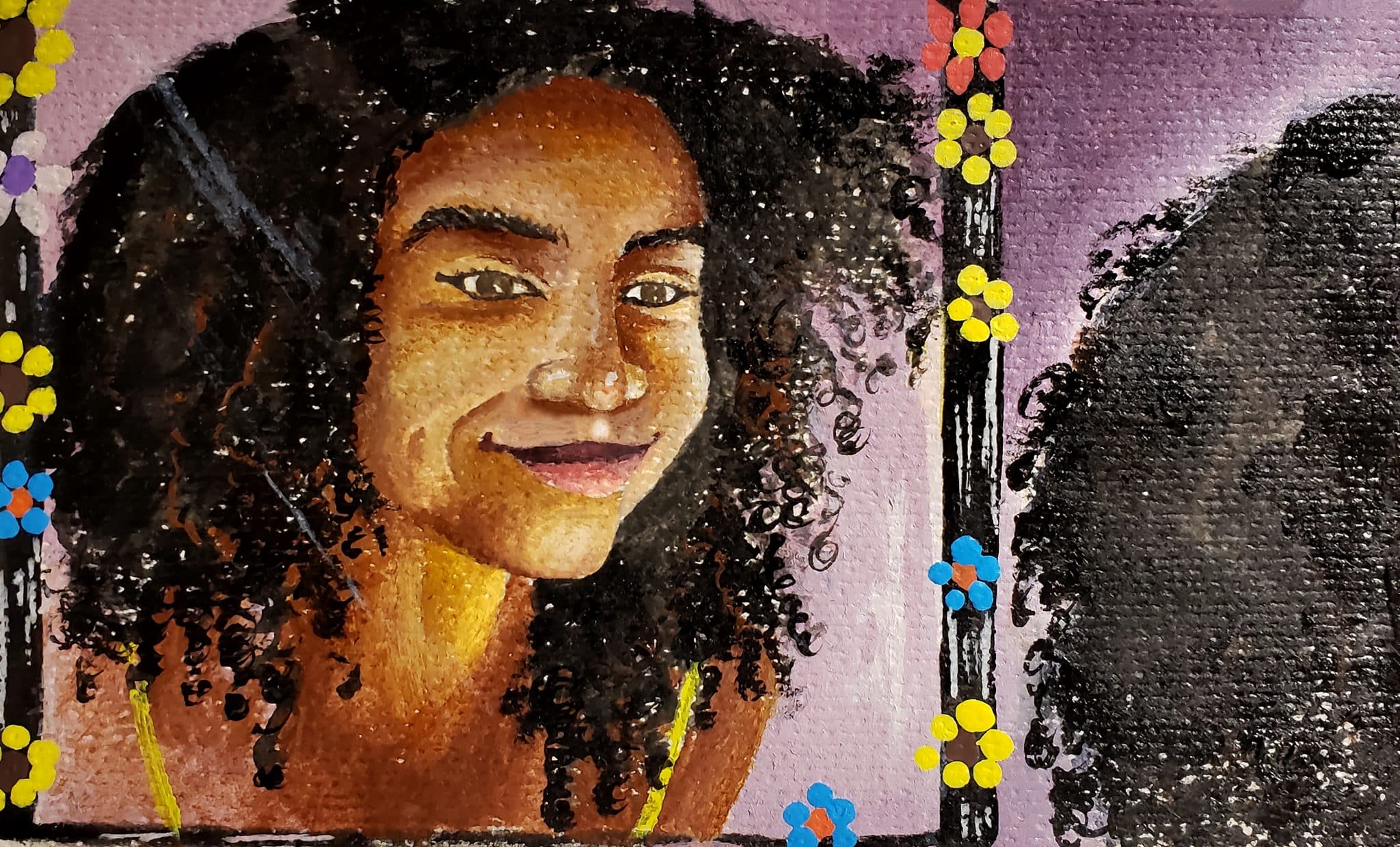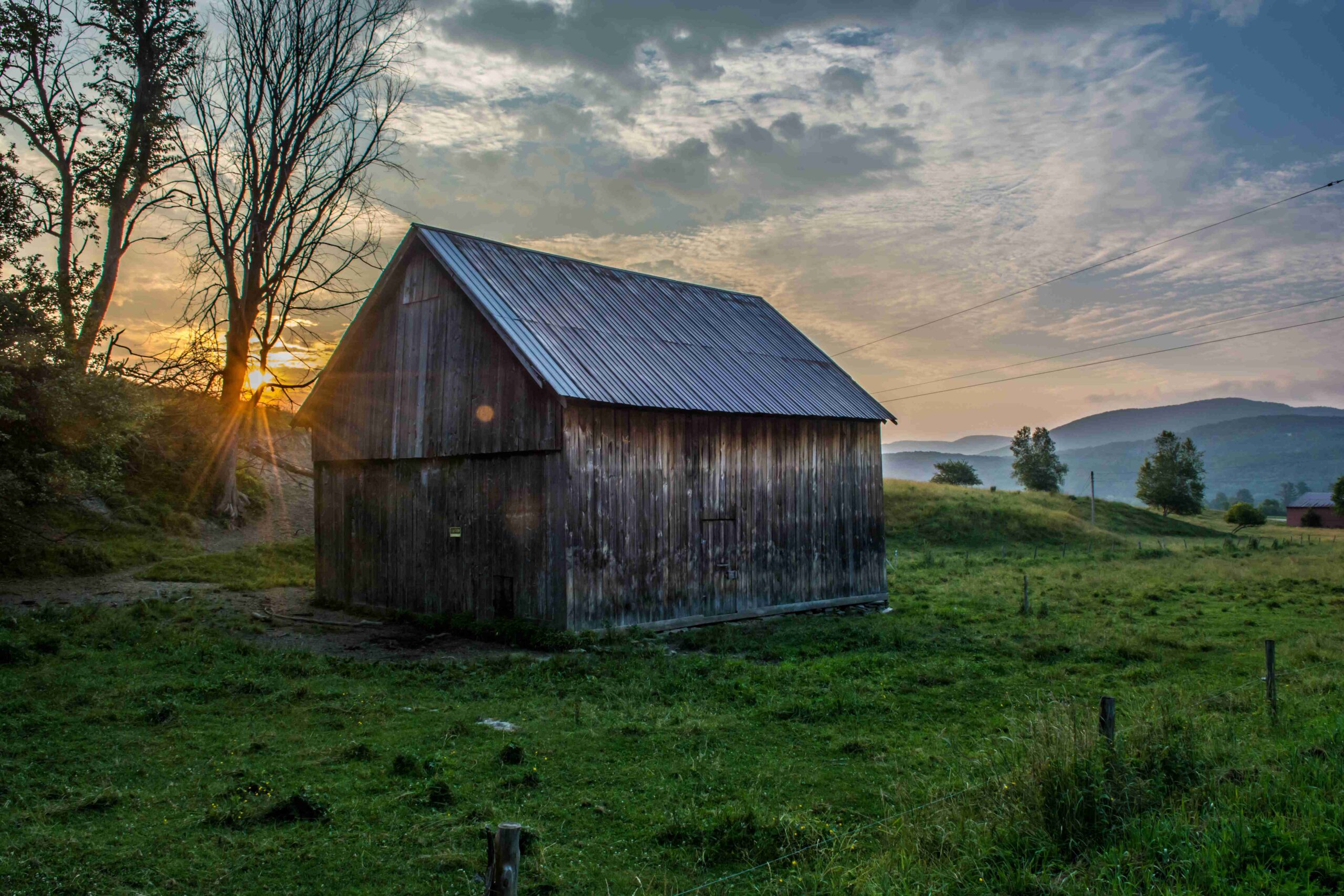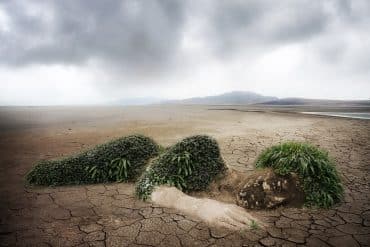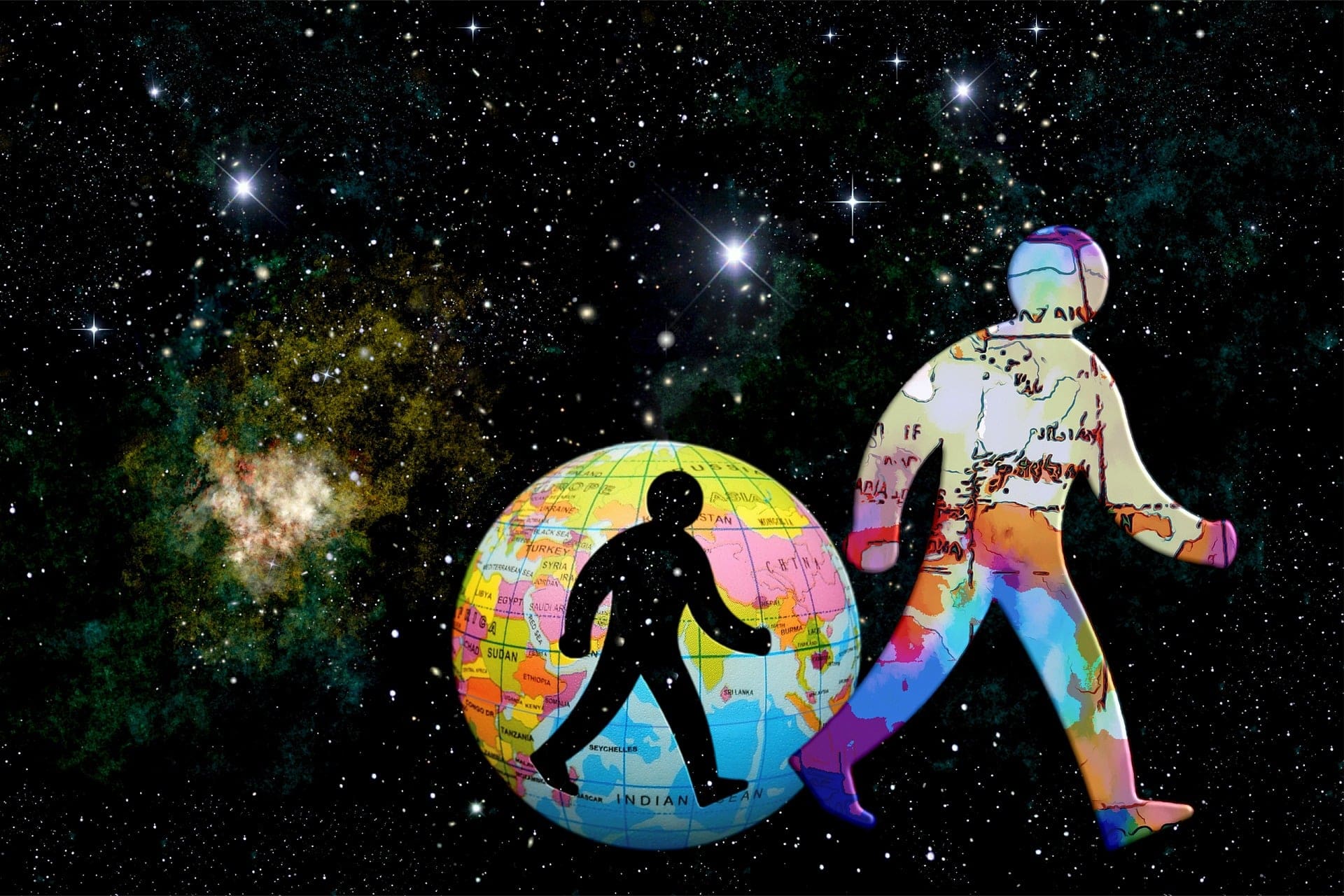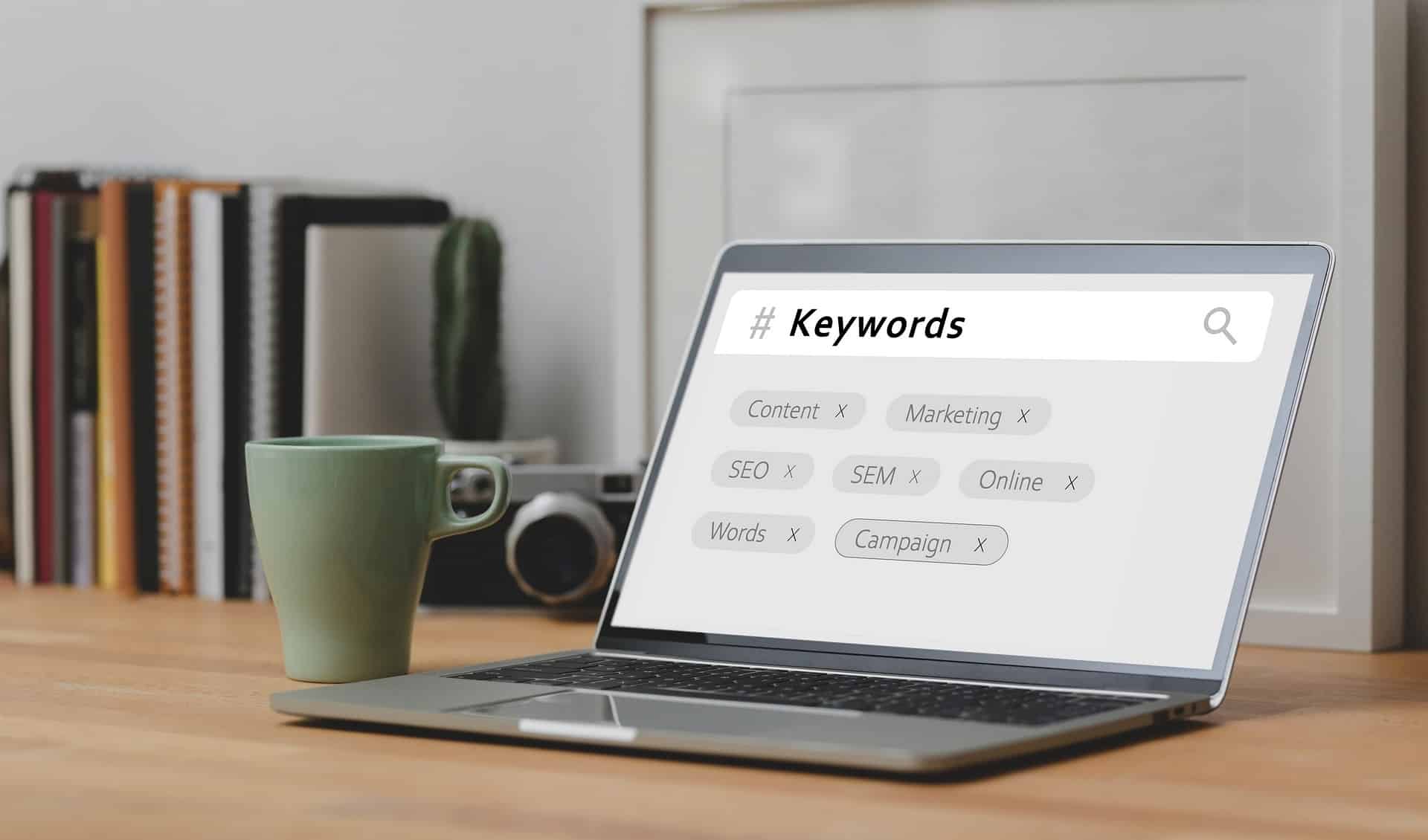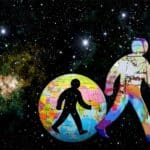New Podcast & Video: How do Google & Autoethnography Go Together?
In today’s new podcast & video, founder and editor-in-chief of The AutoEthnographer Literary and Arts Magazine, Marlen Harrison, talks with current marketing interns for the magazine about using Google Ads as a nonprofit and the role of culture in using Google Ads for marketing purposes.
MARLEN HARRISON: Well hello there! This is Dr. Marlen Harrison, the founder and editor-in-chief of The AutoEthnographer Literary and Arts Magazine. Today I am excited to be with our USC marketing interns: Sophie Olsen, Amanda Lapin, Kasey McCormack, and Addison Tice. Thank you so much for joining us. So, this is both a video on YouTube on The AutoEthnographer’s YouTube channel as well as one of our podcasts.
Today we are going to be talking about autoethnography and Google. How do those things go together? I want to read you a quote from Google Ads themselves. They say that “creating a culture of growth for a company isn’t a mystery. It’s simply about using the data you have to build a better experience for your customers and your business every day” (“How to,” 2016). Google is talking about a culture of growth.
Additionally, the folks at Google have talked about how to use Google to build a “smart creative culture.” So, this word culture is coming up a number of times in these Google materials. And because you are all marketing interns, and autoethnography is about culture, here is my first question. We can define culture as a group of people who have a shared language, shared behavior, and/or shared ideology. Can we say that Google as we know it and participate in it (marketing and Google Ads) is a culture? If so, how do we even talk about that? Do you have any ideas?
ADDISON TICE: So, I think the way that Google Ads is laid out kind of gears you towards the idea of a culture. It just has a way of making you look at things. It says that growth wasn’t hard to figure out. Well, Google provides the metrics for growth. It walks you through the metrics for growth and it kind of steers you in the right direction. And I think that kind of creates a common thought process which you can attribute to culture.
MH: I heard you mention language. I heard you mention behavior. I also heard you mention thought process.
SOPHIE OLSEN: Yeah, definitely a shared thought process that we all had to learn together. So that kind of bonded us. The four of us as joining the culture, joining this Google culture in general. And then as far as the shared language, we all had to learn to input keywords and Ad groups. And it’s something that we’ve never seen before, so that shared learning experience evolved into our shared language as well.
MH: I love that! So, I should explain. Oh, thank you so much, Kasey. I should explain that The AutoEthnographer is a non-profit literary and arts magazine. So, what that means is as an organization, nobody’s collecting a salary and building an income. Rather, whatever money that we collect through our donations, for example, is simply there to help keep the magazine running. So, any income we get helps us maintain our costs. So, as a nonprofit, Google is just amazing. They are offering nonprofit organizations up to $120,000 USD a year to use on Google Ads and Google marketing.
This is how we came together. I became a registered nonprofit with Google who gave me the opportunity to work with interns. I was paired with Sophie, Addison, Kasey, and Amanda. Together we’ve been working since the end of summer, 2022 to figure out all of these Google ads and marketing. They’ve then stayed on as our official marketing interns for the early part of 2023. So they are here to help us utilize that money to help us build our audience. They are helping bring authors and artists, poets and dancers, videographers and creatives to our magazine. So, we were talking about “is Google a culture?” and Addison and Sophie had offered some reflections. What do you think?
KASEY MCCORMACK: I just wanted to briefly add that in my experience, I’m actually an environmental major. But I do have a minor in all of the communications stuff. So that was definitely a hurdle I had to kind of maneuver through with communication because my focus wasn’t entirely on marketing. So, I definitely had to, like, learn how to, like, morph my experience into that kind of focus. I then had to create this communication with the rest of the interns that worked with both my minor and my major and their majors.
I think this does contribute to like kind of like building a culture within our own, and maybe not in the traditional sense. Like when you traditionally think of a culture, you think of a people or like a history. But I feel like given the definition that we have that this was definitely an experience that kind of made it feel like a culture of its own.
MH: And you experience some cultural contact having marketing as your minor, coming to this experience, it is a new opportunity to learn language to learn, practice to learn ideology. And I definitely think the five of us have created our own culture.
We have our Friday morning; it’s our time of the week. We just kind of know that’s when we meet. You know, certain people have certain roles within our culture in terms of responsibilities, so it does feel like this podcast and video today is a proper multi-voiced autoethnography and that we’re all using reflections on our lived experience as part of this culture.
So, let’s go deeper right? Specifically, you all are working with Google Ads. And for those who don’t know much about Google ads, it is quite a complex process with its own language, its own kind of sets of behaviors and knowledge bases. It’s really incredible. So, I I give a lot of praise to our marketing interns, but let me ask you this.
We’ve all worked together to focus on Google Ads. In what ways do you feel culture might play a role with these ads, creating them, developing them, targeting them, making them successful, troubleshooting them, your own cultures coming to these ads. What ways do you feel culture plays a role with these Google ads.
SO: I definitely think our personal experiences and our specific personalities play into even how we word ads or word keywords or decide what keywords to include or not. It’s great that the four of us could work together on this because I wouldn’t think of a keyword to add and maybe Amanda, Addison, or Casey would say, “Oh, well, why aren’t we? This just makes so much sense.” So just the specific wording of the ads is a contribution of our lived experiences.
MH: And Sophie, would you tell us just a little bit more about what goes into the decision process of selecting keywords for advertising?
SO: So, the keywords that we select that show up in a Google Ad are formed when if someone searches in the Google bar “autoethnography,” we want the magazine to come up first. So, keywords that we would include would be “What is autoethnography?” or “music, dance, poetry, and autoethnography.” But it’s tough because sometimes, you know, those specific keywords aren’t searched that often, so we have to kind of tweak and manage as we go to see if the specific keyword isn’t getting enough clicks. Then we all come back together and revise them and think of something a little more unique or a little more broad that fit the spectrum of what people are searching. We want our ad to show up first.
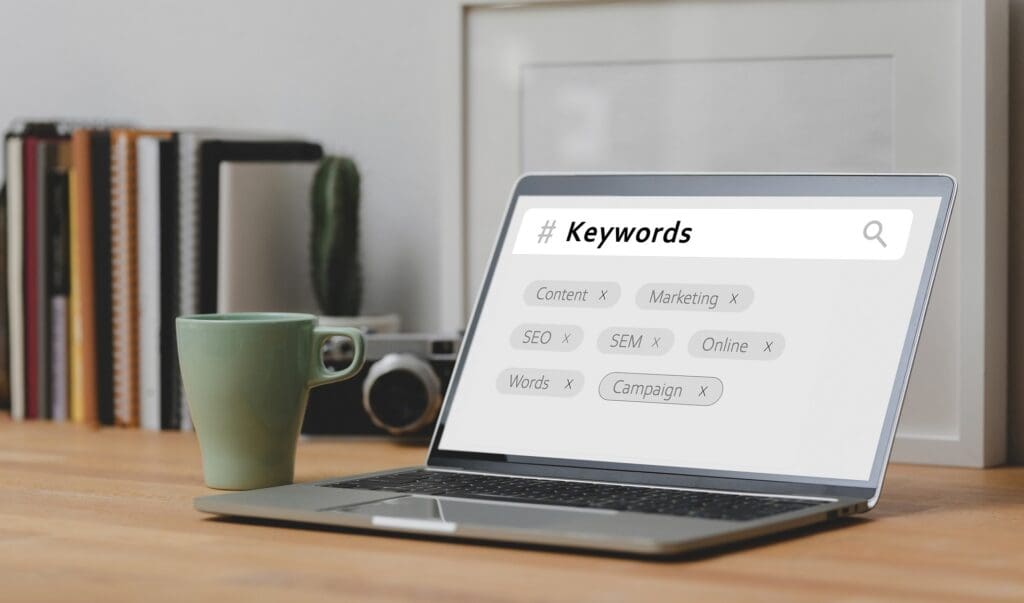
MH: So indeed, thinking of those keywords is dependent upon your own lived experiences, your own cultural experiences, and your own ability to free associate language to come up with those keywords. Huh. Does that? Yeah, Amanda.
AMANDA LAPIN: Actually going off of what you just said to follow up on Sophie’s question… If you think about it in a certain way, like“How can I reach my niche audience? How can I think about their shared experiences and what keywords can I attribute to that to think about their searches?” Like, for example for my personal keywords, I’m a member of Carolina Band and since we are a literary magazine, you can involve the arts and music somehow. So, if you think about a certain person playing an instrument, maybe the instrument itself or music as a whole could be a keyword. When somebody looks that up we could be the first person on there.
MH: This is so fascinating. So essentially because of your hobbies, skills, talents, passions, your majors, you have had specific cultural experiences. Coming together here, and now thinking about “OK how am I going to use language to bring an audience to this magazine?” you are thinking about your own lives, your own friends, your own situations. You’re coming up with audiences that you may want to target based upon your lived experience and knowledge. That’s awesome. I love that.
OK. So then let me ask my next question, which is “Generally, how have your own personal cultural experiences at this point in your lives helped you with marketing The AutoEthnographer?” I think Amanda’s response was the kind of lead in along with Sophie’s response. I wonder if you all would tell me a bit more about how your own personal cultural experiences are helping you with marketing The AutoEthnographer?
AT: So, I come from like a lower income area and that just made me think about things I think a little bit differently than a lot of students that would think about it. I think originally that’s kind of where the scholarship idea came from: what can we do to get people from lower income areas involved? And then also we’re all students, so how can we get students involved? We were also targeting that younger demographic, so scholarships just seemed like the perfect point for that.
And then on top of that podcast were a common thing with our culture, as like a generation. So that’s where we came up with that idea. So, I think that also plays a part in it.
And then for me personally, I’ve taken marketing classes which I attribute to my culture here because it’s attributed to a lot to my growth, most particularly my sales class. I think about a lot of things from a sales perspective and you can kind of see you can draw comparisons between Google Ads and like sales databases. And that’s kind of how my mind was geared towards this so things like coming up with a contact list, you know, like just a way to gear my own marketing ideas towards helping The AutoEthnographer.
MH: Let’s go even deeper, Addison. As somebody who is culturally embedded, you’re from a specific town. You have pastimes, passions, hobbies, skills, talents you’ve developed or not developed, people you hang out with, restaurants you go to, movies that you like. How have all of those cultural experiences helped you market The AutoEthnographer?
AT: Well, I think those kind of broaden my horizons to think about you know, areas that other people might not think about. I’ve reached out to a few people in my hometown to maybe perhaps work with The AutoEthnographer.
MH: And how are you making those decisions when you’re thinking about the magazine and you’re thinking about your connections and kind of your tribe, how are you determining ‘this is a good person to connect to the magazine’ based upon what I know?
AT: So, I kind of think about it kind of goes back to the word culture. Very similar experiences. I know these people well. I know what they’ve been through to get to where they are.
MH: Can you give us an example?
AT: Yeah, so I have a good friend that is the leader of the Chamber of Commerce in our hometown. He is one of the only outwardly gay people in our hometown, and he’s made it to a very high position. So, I would love for him to share that experience. And I think his knowledge would be very valuable. So that was kind of like, he was almost my first idea.
MH: Well, thank you for seeing an opportunity to help somebody tell their story. Does anyone else want to share how their personal experiences or maybe cultural experiences are helping them to market The AutoEthnographer? Yeah, Amanda?
AL: So, it’s not really a cultural experience, it’s something that more of everybody in our age demographic relates to. So, we decided as a team to try and conquer TikTok as a new way to market it to people. So, with that, TikTok itself has a culture as well. It’s a storytelling platform that you can do in 15 seconds, 30 seconds, 3 minutes.
So, we decided to go on there and try and just come up with some different storylines that we could show several people that maybe won’t know about it unless we go out of our way to say it. And Sophie and Casey have been the one spearheading this so far. And it’s just, it’s interesting to see that you could take something that usually somebody would have to spend time actively searching for and we can go ahead and just show it on there. Because TikTok not only represents our age demographic and the stories that people our age want to tell, but it can also reach people that are maybe like our professors. It’s kind of just reaching a broader demographic as well. So that’s just a culture within itself that combines several different demographics.
MH: And by the way, today I just made a video called “What is autoethnography.?” And Lina, our Executive Media Director, went ahead and put it in a lovely kind of digital frame. Yeah. It’s in our Drive. I posted it to Facebook and yeah, I’d love to get it out there. So after our podcast, I will send a quick text to Sophie and Casey about TikTok.
KM: Send them my way. That will be my focus all week next week.
MH: I love it. I I love how you said it’s like a culture unto itself, right, how each of these social media platforms are a culture unto themselves. And like Tala, our social media intern tells me that, you know, you can’t put the same text across all social platforms, right? So, people want different types of language and different types of communication across all those platforms. Fascinating. Does anyone else have any reflections? I mean, think about your marketing plans that you came up with. That’s a direct route to thinking about your cultures! Kasey?
KM: So, growing up, the word culture, I never really attributed it to myself or my family or anybody in my hometown. It’s just not something that is super popular, I guess, for like the Southern demographic, at least for me. I’ve also spent like my whole life moving. So, it never like really felt like a culture. But as I learned more about how the market, and how to actually like, specify groups or like, look for traits and similar similarities and then you know, I learned through college more about cultures and how people work and think. I did start to feel a little bit more at home, which is great.
And now that we’re, like, combining the word culture with Google, I can really start seeing the correlations, which is nice. But, as far as my marketing goes, I did start to pull into my own hobbies and what I can define as my culture, and that would be like, I’m a huge gamer. Obviously, the weird background, couldn’t change it, sorry, lol. I’m a huge gamer so I reached out to that side of my culture or my communities, and to like other small creators to see how they might want to try to put themselves out there and use The AutoEthnographer to not only kind of grow like a following, or at least a reading, but to explain the difficulties of getting out there in this world, like in this climate. Especially right now, when everyone’s doing that.
And then following up with that, I also looked into my music side of things. I don’t play music as much, but I do like I focus on wanting to set up, break down and like work with lighting and all that kind of stuff. So, I have a few band friends in the local area especially smaller bands that I’m also am reaching out to through that culture because it’s clear that they, as smaller brands that are rising, would love the kind of feedback or like the chance to be heard and to explain the difficulties of starting from ground zero and bringing yourself up in the world that is so difficult to navigate through because of the technology boom and because of the generational.
Just everybody has everything at the tip of their fingers which can help but also be slightly a hindrance whenever everyone can do it. So, I’ve noticed like I’ve learned ways to tap into my specific niches in my specific experiences, in order to market what we have here because I personally…
MH: Storytelling is a big piece of that?
KM: Yeah. Because I personally hate ads. I don’t like them. But, because I know that this is such a like an ethical ad and like a way to experience other people. It, doesn’t feel like an ad to me. It feels like you’re offering help and I really like that.
MH: That’s interesting. So, you’re seeing that some of the work you’re doing with The AutoEthnographer is like throwing an opportunity out to people to tell their stories. And that becomes a way for them to market themselves.
KM: Market themselves and to just be heard.
MH: Again, it comes back to the idea that good branding is storytelling. Good marketing is storytelling. And not only storytelling, but interactive storytelling and the opportunity to be able to participate in someone’s story, right? Does anyone else have any last thoughts as we wrap up our podcast and video today?
AT: Yeah, I think like she brought up, it’s been vaguely hinted at this whole time. I think culture and diversity go hand in hand. We keep talking about tapping into our individual niches, and then going back to keywords. Like, Sophie would think of one and all three of us would be like, “Well, why not?” you know. It just plays a huge role especially in this setting. It’s a big part of our culture, but just in general as well. I hear in every business class how important diversity is, how it helps businesses grow. A new idea is never going to hurt you. Sure, it might get shot down, but it might change the way of thinking.
MH: Sophie?
SO: I’m just really glad and I feel really lucky to have been a part of this Google Ads culture and this experience. I mean, challenge grows you and it grows businesses, clearly. And I’ve just. I’ve/we’ve all definitely been challenged throughout this entire experience. But we’ve bonded over it and we’ve created this culture around it. And I think that’s just a really special thing that we’re all gonna take with us for the rest of our lives.
MH: I love that, and that’s probably a great place to wrap up. And I just wanted to mention that Addison had mentioned scholarships. The AutoEthnographer is proud to offer two scholarships every year. The deadline is July 1st. You can find information by visiting:
It’s that easy or just simply go to our homepage, theautoethnographer.com. There’s a huge banner right towards the top that says scholarships and what we’re offering is really any student anywhere in the world of any age, any level, any grade at any point in their education who is performing autoethnography, we’d love to hear from you.
Have an instructor, a mentor, a tutor, write a brief letter of nomination telling us about your work along with your work and a brief bio. And we’re looking at $250 US cash prize. And with that comes the opportunity for a 6-month guest editorship on our editorial board; the opportunity to create a podcast about your work; the opportunity to be included in our printed anthology of work; as well as the opportunity to develop one’s own column or feature at the magazine.
So, anybody who’s ever been interested in literature or the arts and wants to begin to explore and share their work, we invite you to please apply to our scholarship program.
And so by the way, our last plug is that your donations and funding, even a dollar, can help us to support new artists, new dancers, poets, storytellers of the future who are often telling the difficult stories of lived experience. We have a donate button at the top of our website and we encourage everyone. If you’ve enjoyed this podcast or anything that you’ve experienced at The AutoEthnographer, please do consider donating. Even a dollar will help.
Thank you to my wonderful interns Sophie, Amanda, Kasey, and Addison. Thank you so much for joining us today. And I look forward to doing more great work together.
SO: Thank you so much.
AL: Thank you, Marlen.
AT: Thank you.
KM: Thank you!
Featured Image by Tumisu from Pixabay


